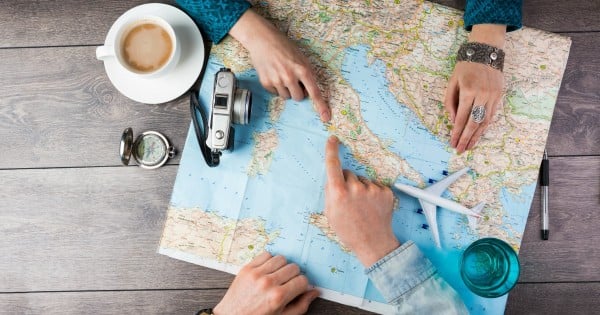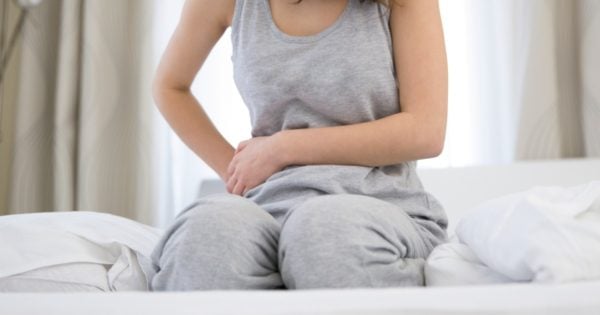There’s no better feeling than looking forward to a holiday. Well actually there is – being on holiday.
What many of us didn’t know, is that the tropical destinations we are so fond of travelling to are actually known as at-risk destinations. This means they have a known risk of infectious diseases, where things like vaccinations and various other precautions are recommended.
In fact – of the top 10 countries Australians are travelling to, seven are considered at-risk. This includes Indonesia (which has experienced five times more Aussie arrivals over the last 10 years!), Thailand, Japan, India, China, Singapore and Fiji.





